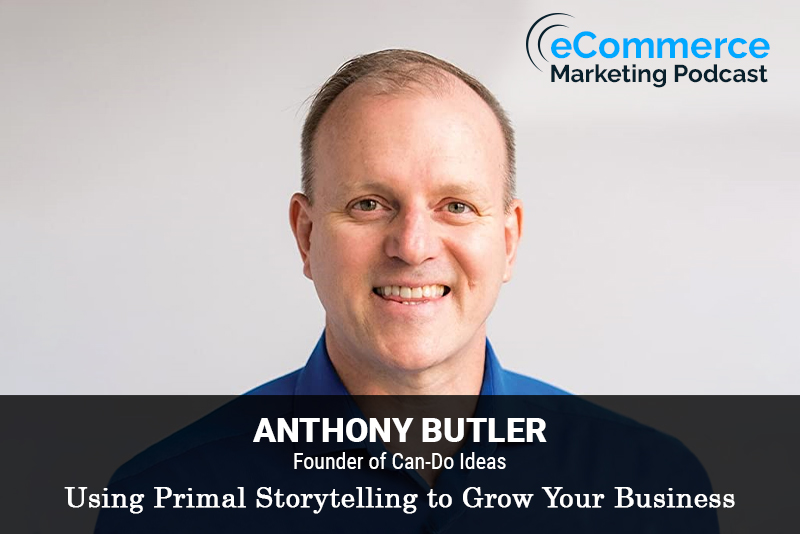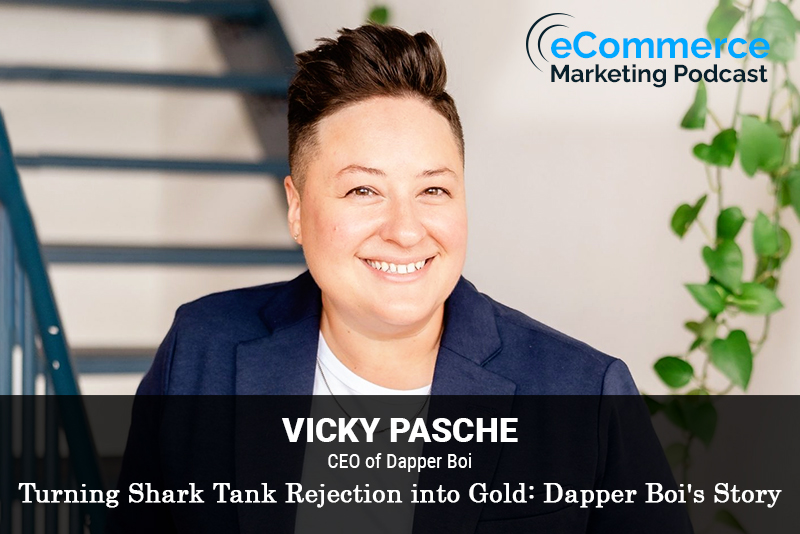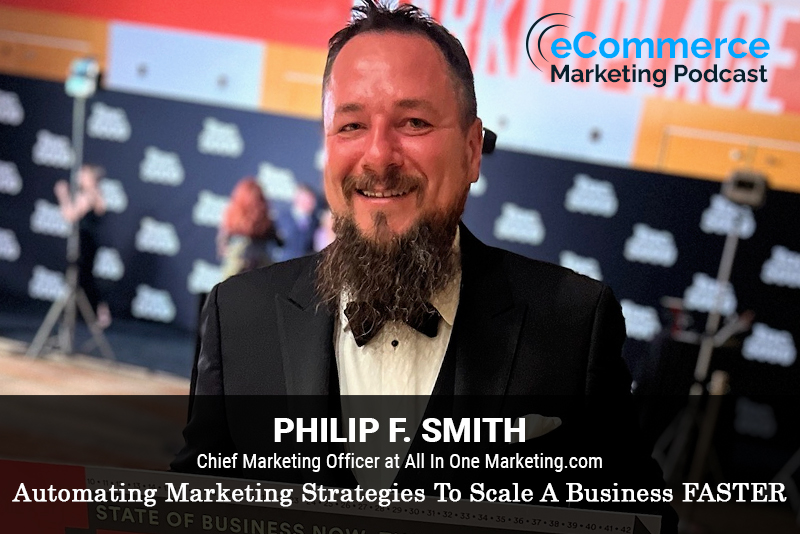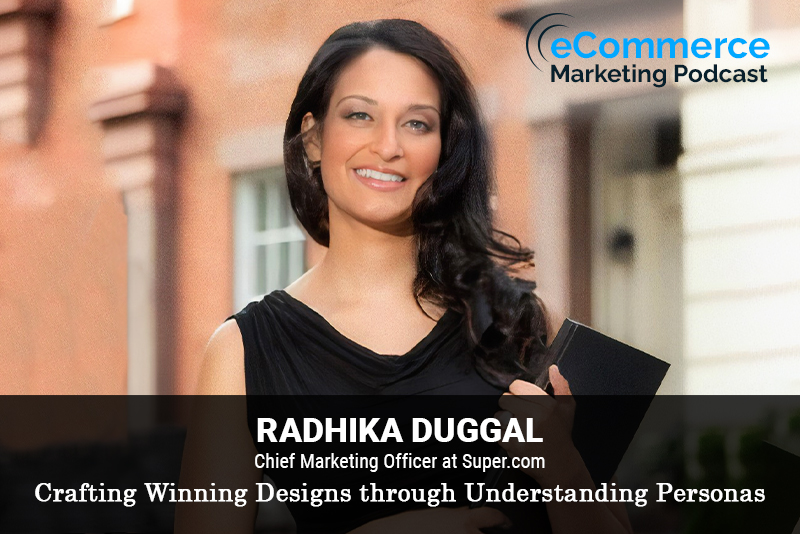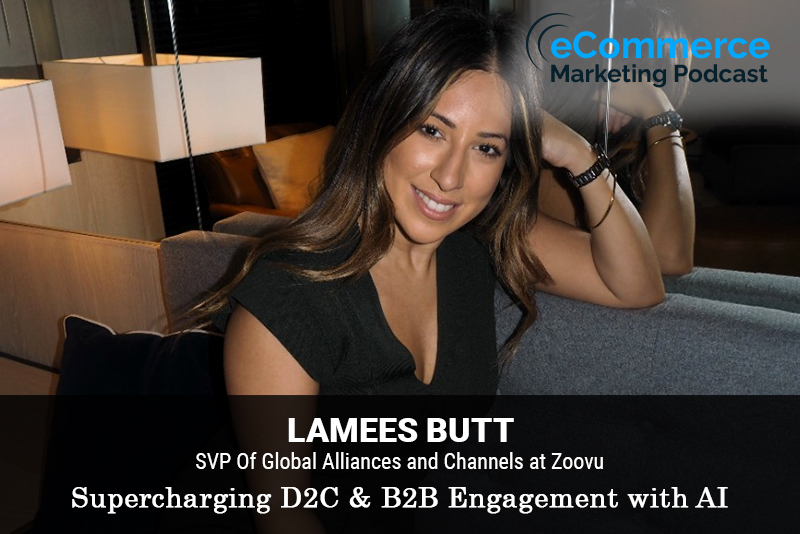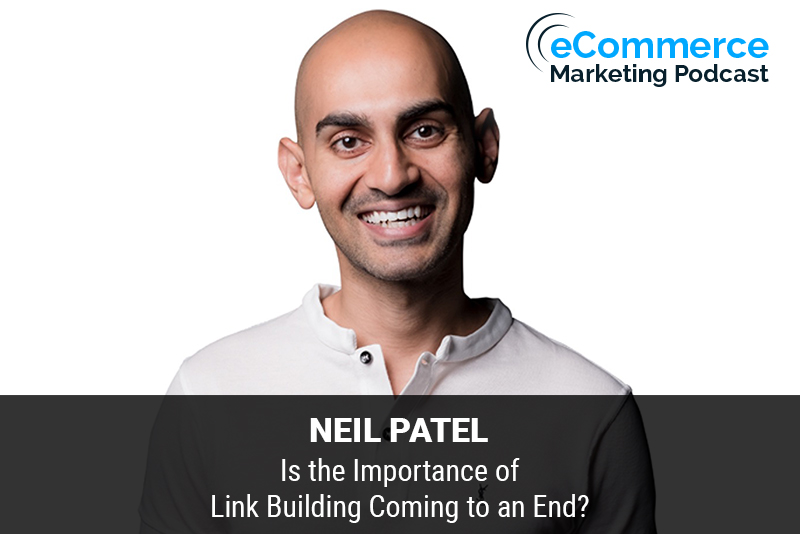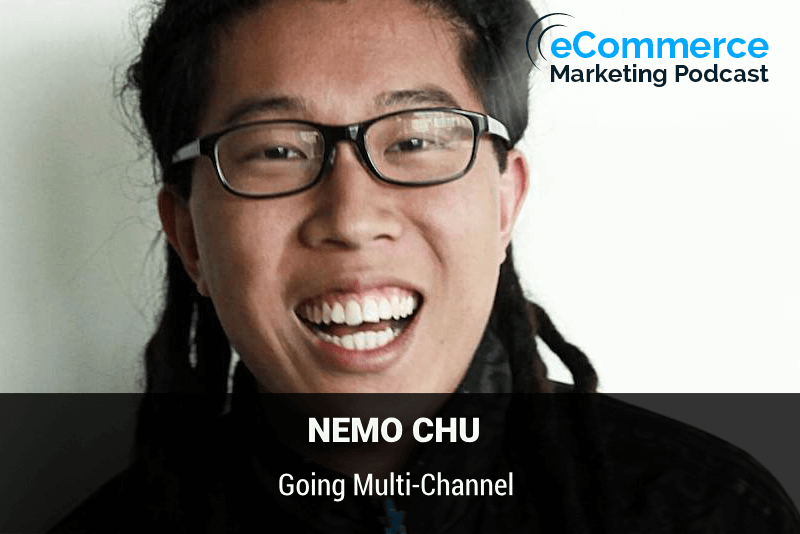
The eCommerce Marketing Podcast walks you through everything that goes into ecommerce marketing — from inbound marketing to paid advertising to conversions. Learn the strategies top marketing experts use to grow their businesses.
Anthony Butler is the founder of the digital marketing agency Can-Do Ideas and the author of Primal Storytelling, Marketing for Humans. A highly regarded expert in brand storytelling and digital marketing, Anthony graduated from the United States Military Academy at West Point and the US Army Ranger School. He is a combat veteran and commanded an infantry company in Iraq during the invasion of Baghdad. He is also a Brazilian Jiu-Jitsu blackbelt and currently resides in Montana with his wife and two sons.
In this episode, you will learn
What exactly is the concept of Primal Storytelling
How can ecommerce businesses identify the core elements of their brand story that resonate with the primal instincts of their target audience
How can ecommerce businesses integrate Primal Storytelling into their content marketing strategy, including their website, social media, email marketing, and more
The potential challenges that businesses might face while implementing Primal Storytelling, and how to overcome them
Examples of ecommerce brands that have successfully implemented Primal Storytelling in their marketing efforts, and the kind of impact it has had on their growth
For show transcript and past guests, please visit https://www.ecommercemarketingpodcast.com
Or on YouTube at:
https://www.youtube.com/channel/UC3PgT0NOGzpdPGQtBK0XLIQ
Follow Arlen:
Twitter: https://twitter.com/askarlen
Facebook: https://www.facebook.com/arlen.robinson.7
Instagram: https://www.instagram.com/arlenyohance/
LinkedIn: https://www.linkedin.com/in/arlenrobinson/
Past guests on the ecommerce marketing podcast include Neil Patel, Nemo Chu, Luke Lintz, Luke Carthy, Amber Armstrong, Kris Ruby and many more.
Thanks for listening. Be sure to subscribe and leave a review.

Title: Using Primal Storytelling to Grow Your eCommerce Business with Anthony Butler
Guest: Anthony Butler, Founder of Can-Do Ideas and Author of “Primal Storytelling: Marketing for Humans”
Host: Arlen Robinson
In this episode of the eCommerce Marketing Podcast, Arlen Robinson interviews Anthony Butler, the founder of the digital marketing agency Can-Do Ideas and the author of “Primal Storytelling: Marketing for Humans.” Anthony shares his insights on how primal storytelling can be utilized to grow an eCommerce business effectively.
Key Takeaways:
- [00:03:18] Emotional Connections:
- Anthony discusses how his military experiences with extreme emotions helped him understand the power of emotional storytelling in marketing. He emphasizes that people buy emotionally and rationalize their decisions with logic.
- [00:05:54] Wake-Up Call in Marketing:
- Anthony recounts a pivotal moment when a major client terminated his agency due to ineffective content. This led him to explore evolutionary psychology and the role of emotions in marketing, leading to the development of primal storytelling.
- [00:07:16] The Power of Stories:
- Storytelling is a fundamental way humans communicate. Anthony explains that businesses should use stories to connect with their audience, enhancing their marketing strategies and generating leads.
- [00:08:40] The Three-Part Process:
- Anthony outlines a three-part process for creating a content marketing system: Tribe, Primal Story, and Primal Urges and Emotions. This framework helps businesses build their content marketing around stories that resonate with their audience.
- [00:10:37] Identifying Core Elements:
- Understanding the demographics and psychographics of the target audience is crucial. Businesses should consider their audience’s motivations, fears, and dreams to craft stories that will connect deeply with them.
- [00:12:26] Four Primary Stories:
- Anthony explains four primary stories every business can tell: Origin Story, Vision, Transformation, and Customer Stories. These stories help differentiate a brand and create a strong emotional connection with the audience.
- [00:14:45] Unique Content for Humans:
- Authentic, human-centered content is vital. Unlike AI-generated content, which lacks depth and insight, businesses should produce unique content that provides value and resonates with people on a personal level.
- [00:18:19] Content Strategy Across Channels:
- Anthony recommends planning content like a TV series, with overarching themes and specific episodes. Businesses should use a mix of art and science to ensure their content is both engaging and data-driven.
- [00:24:34] Examples of Successful Storytelling:
- Anthony shares examples of brands that have successfully implemented primal storytelling, such as an organic food brand during the pandemic. By telling authentic stories about their products and their origins, the brand significantly increased sales.
Guest Info:
- Anthony Butler
- Founder of Can-Do Ideas
- Author of “Primal Storytelling: Marketing for Humans”
- Website: Primal Storytelling

